Language and the Amazon Jungle
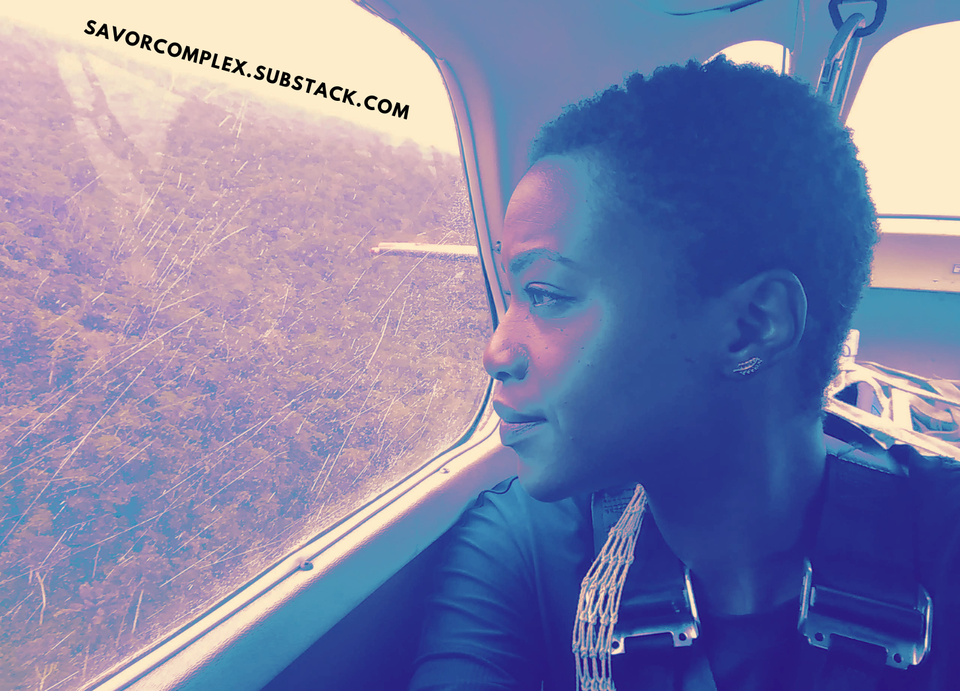
This chapter zooms out from Funeral Day (which I’ll come back to in another post) to chronicle my experiences with the Amazon jungle and an interpreter I’ll call David.
These experiences are the prelude to my Funeral Day (September 2019), and I write in detail about David’s particular approach to interpreting between Spanish and English, and what I learned from his approach to words, to pausing, and to expansive tools for effective communication.
David supported my conversation with the shamans who facilitated my first Ayahuasca journey. Through that experience I received a detailed vision about my grandfather, my history, and a gloomy possibility about my future.
This was part of a trip specifically to commune with plant nature and human nature with the support of local shamans. Our group of thirteen included three wonderful women who had done this journey for more than two decades as part of their well-nurtured relationship with the Sápara people. Our shamans were among the local warm, kind souls that work to protect, preserve, and embody the magnificence of the Amazon jungle.
David was not a member of the Sáparas, but he and they were family in the chosen-family sort of way. He was tall with dark hair and eyes. He was strong and calm-bodied and was serving “vibrant elder” energy with the way he walked in long, sure-footed strides. His voice was deep and raspy, his countenance that of a person who was experienced in their walk, whatever that walk was, and didn’t need to prove a thing to a soul. His movements were revelatory of a solid familiarity with the terrain of the jungle and the ways of our other guides, the warm and wise people of the Sápara Nation.
He even seemed familiar with us, the newest group of women venturing into the Amazon to follow the paths down which our life’s most pressing questions had led us. I was part of a group of women who flew from the U.S. to Quito, Ecuador. We spent a few days there before driving to Puyo for a few nights stay, then to another city, where we went in groups of two and three to fly on tiny planes to a small village where we would cleanse and prepare for our canoe ride down to our short-term home.
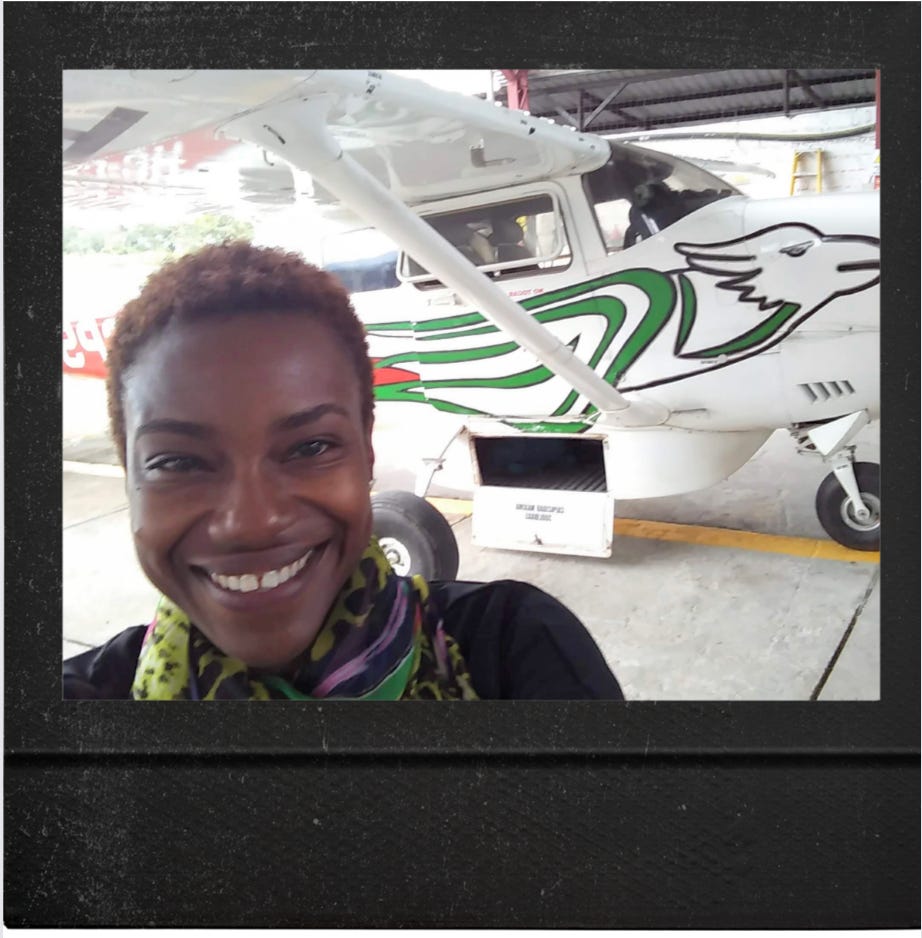
Our skilled pilot traveled us through heavy clouds, rain, and a full-on light show courtesy of the clouds’ and sun’s sky choreography. After who knows how much time had passed, all three planes alternated arrivals. We each landed on the strip of dirt road designed for small aircrafts, and after I took in the rich colors, the earthy smells, the concert of sounds coming from birds, dogs, and people, we gathered under a large covered area not far from where we had landed.
We greeted our guides and each other, curious and contemplative, eagerly following the instructions for partaking in the naming and washing rituals our Sápara homies required of us to begin this part of our journey.
After our cleansing and some light refreshments, our group climbed into two huge canoes and sat, mostly quietly, as we marveled at the water, the green life, the unfamiliar but comforting sounds, the womb-like calming of it all, as we made our way to Naku.
The Conambo River cared for me and calmed my body after that adventurous plane ride--my first time in a (tiny-ass) plane. We slowed to a halt as a few of our guides left our canoe to support us getting out of the river, up the hill, and into Naku Community, a small encampment that the Sápara built for welcomed visitors to the Ecuadorian Amazon.
As we ascended the hill and got our first close view of the wide, flat space of Naku, I remember being comforted by the way the smoky smells of food and wood wafted through the jungle like music. There was smoke from fires built, and smoke from tobacco in ceremony, it was everywhere, and I loved it. It was reminiscent of Jamaica, and the ways that smoke was a normal part of the rhythm, the aesthetic, and the rituals of the people on the land.
Language new to me also dancing around my ears, again like Jamaica and the diversity of patois you’ll hear across parishes, if your ears can catch them. These sensory treats brought my childhood comforts into the new space and put me quite at ease.
As exciting and as new and inexplicably awesome just about every minute of the experiences were, I remember consistently being most interested in the ways I was being invited to deschool my ideas about language and communication. And as I followed that interest, I would come to learn an important communication difference, which is the one between translation and interpretation. I learned about this difference, not in the sense of one being in the written form and the other being in the speaking form, but more of David's description of the difference, which was that as an interpreter, he is not just moving the words from one language, Spanish, to another, English.
Instead, he was taking our local guides’ native language of Quechua, and putting his Spanish-language centered mentalities to it, so as to gather the picture that Manari, for example, was painting, and then offer that picture to us, with the necessary inclusion of Manari’s considerations and nuances, not just his vocabulary.
Because of that, what seemed like only seven seconds of Manari talking could take several back-and-forths between our guides, David, and sometimes us, because David was gathering the pieces of the picture real-time. He wasn't just saying what they said in a language we spoke and understood.
What David did was enact a treaty of sorts as an interpreter. He used his clear understanding and his level of listening, not just his vocabulary and grammar, to enact a type of agreement across language cultures--the Sàpara people’s, his, and ours--that was intended to bring us to shared understanding, to shared meaning.
David spoke Spanish and English, but most importantly, David spoke the language I call Treaty. By this I mean he drafted treaties, and we and our Sàpara friends willingly signed his treaties each time we gathered to invite and impart real education, which we got in large part by working through David to construct and invite shared meaning. He was saying, “Here's what I'm hearing from this side,” because we were talking to each other, we were asking questions, and going back and forth. He was unwilling to squish Manari’s meaning into the limitations of word-for-word translation by repeating what Manari was saying, in English words.
Instead, he used parts of the sentences he received to offer scaffolding toward understanding. He would say a few words and then stop to ask Manari a clarifying question. Then they might talk to each other, laugh a bit, use more body language, and then get to a collection of words that they both agreed, best they could, was available to offer our group.
Even when some of our group’s questions tried to corner him into responses that would fit in our little categories, he would nudge us toward listening for what is available, instead of what we’d hoped for or could categorize in some comforting way. And with those offerings, I heard words, but I also felt sentiments.
I could see Manari nod at the parts he could understand as David spoke, and I could see David look at Manari, not just us, while he talked. David gathered things instead of merely saying words, and I felt like he conveyed what the Sápara people wanted to share about how they were feeling, about what they knew. And about the elements of culture, and knowledge, and wisdom, and care they wanted to impart, unobstructed by something as limited as a string of words.
Savor Complex is a reader-supported publication. Upgrade to a paid subscriber. Thank ya!
Reintegration and realizations.
Those four nights in the jungle, and the rest of our ten-day stay with David and our team from the U.S., introduced me to new things, changed my perspectives on some things, and rooted my foundation in a few familiar things. That trip to the Amazon was about my leadership of myself, a self-discovery and expansion ting.
And what I find so interesting--what I wanted to write one more entire book about, is this: as I continue to bring all of myself back, and try to make sense of things for which I have no reference points, I am noticing how much my motherwork and my personal leadership run on similar roads. In particular, both call for an understanding of the difference between interpretation and translation, the David way, the pause-centric way.
That is part of the wisdom I already had prior to that trip; I realized that my initiation into pause-centric ways happened on my journey of transition from parenting my “school-aged” children to learning how to embody a commitment to raising free people.
When my children were infants, and as they crawled into toddlerhood, then raced towards their first decade of life, I did a shit ton of interpreting. Like David, I knew that there was more to the people I was communicating with, and for, than their command of words and of English-language vocabulary. I knew that an outward understanding of what they were trying to communicate could not be left to mere words, and had to include as many of the specific-to-them elements that I, as an interpreter, could gather.
David was dealing with other grown folks though, so they, though arriving with different mother-tongues, could work with the benefits of limb control, coordination, and other self-sufficiency based communication options that my children, like all humans in our early years, did not have. Manari, a wise, healthy, and willing shaman, likely understood far more than we could gather in our lifetimes, let alone the short time we were with him.
During my time mothering two young children, on the other hand, I would describe my children as anxious, deeply perturbed tiny humans convinced of their need to wail in order to get my attention, let alone my understanding. But as time passed, and instances of trust rose and fell, we got more familiar with each other, and began to slowly understand each other’s logic (sometimes!).
I learned that they were neither anxious nor perturbed; those were my interpretations of their needs, that was my inexperience trying to make sense of my feelings.
During our daughters’ stint in conventional grade school, Kris and I developed masterful interpretation skills. When Sage would sit in the one spot where no-one else was sitting, we interpreted her to her teacher. We let her know that Sage liked to read alone throughout her day, and that it didn’t mean she was sad or tired, she just liked reading time alone. And when the girls would stay by our parents’ houses when Kris and I had a weekend whatever, we would interpret Marley’s very vocal, wide-eyed glared, No Naps for This Kid assertion to them, and let them know that she wasn’t being defiant or rude. And that we found it helpful to offer her listening time with one of her favorite CD’s, or reading time with a stack of books or workbooks, and she’d spend an hour or so in whatever room you put her in, if you explained that this was the replacement for whatever you as the adult wanted to do during her nap time.
As their parents, we needed to translate on their behalf, sometimes to other people, and sometimes to ourselves. And as one of their trusty translators, it was easy at first for me to take my child’s behaviors as personal affronts to be corrected. But eventually, I began to catch myself, and when I did (and still do), I translated my child’s behavior from the part of myself that could understand why they did whatever they did. Or from the part of me that still knows that an action is the tail-end of an emotion or belief, and that sometimes I am uniquely positioned to support my child by listening beyond their words, and gathering from their patterns, their body language, our intuition, our conversations, our non-wordy wisdom.
In Naku, I observed Manari speak less than ten seconds worth of uttered words, which was often followed by maybe five minutes of discussion between him, David, and one other shaman, usually Shimanu. After that, David would talk about what they shared, taking care to tell us when he was inserting concepts and ideas from our (Western) culture to try and share what was being conveyed using terms and concepts and sentiments that did not surrender easily to word translation. David’s wielded pauses like frikkin katanas, precise and held confidently in well-equipped hands, perfect to slay the enemies of effective communication.
Woooooosh! He’d shut up for long stints before uttering a word in response or to share a word, nodding his head slowly, taking deep audible breaths as if to show us how to allow folks’ best intentions be processed through our pores and lungs, not just our thinky, schoolish brains.
Kssshhhaaaahh! He’d ask yet another question instead of just letting his experiences fill in the good-enough blanks to tell us something easier to explain that the detailed dream an elder was explaining to him, for us.
Blldddiinngg! He’d run it along the rough edges of his ego and soften the edges enough to say out loud the parts he felt he had gathered enough, and to go back to ask our hosts more questions, to gather more to share it well.
Pausing was one of David’s most impressive, most effective skills. Sometimes his pause would invite our hosts to say more, to offer something differently, as they tapped into their vast experiences with people not native to their land and language.
Other times, we’d all sit in silence, supporting the pause, watching and listening out for verbal and, more importantly at times, non-verbal exchanges of energy and understandings that would nudge us out of our schoolish minds and into our less articulate but far wiser ways of knowing.
You recognize the traits of your schoolish mind, right?
It is often felt with a sense of urgency and can paint any desire with the brush of logic, even when the thoughts ain’t quite logical. Our schoolish minds tend to lead us to believe that more effort—a bigger, or better, or more time-consuming performance from us—is the tried and true remedy for any given situation.
It is wired to seek and find great comfort in validation from outside sources in order to experience feelings of calm, of certainty, of security, and usually, of success. In the weeks leading up to that Ecuador trip, my schoolish mind tried to learn the shit out of Spanish, ‘right-quick and real good, Akilah,’ so that I could catch as much information as possible without having to rely on anyone else. Why? Because..., using the right words, being articulate, comforting your listeners with evidence that you are certain of what you are saying, that’s why.
But my schoolish mind was met with the gentle, but strong and steady invitations to listen-listen, because where we were located and who we were with, called for the exact opposite of schoolishness. There, in the sacred headwaters of the Amazon, with its unparalleled biodiversity and intact cultural norms, our fake-ass sense of logic, and our Westernized approaches to seeking and integrating information right-quick and real good, did not apply.
NEXT UP… Medicine Woman at Lake Tahoe
This is the fifth post in Black Bear | Wild Weed, a book series.
- Here’s Part One of the series.
- And here’s the what and why of Black Bear | Wild Weed book


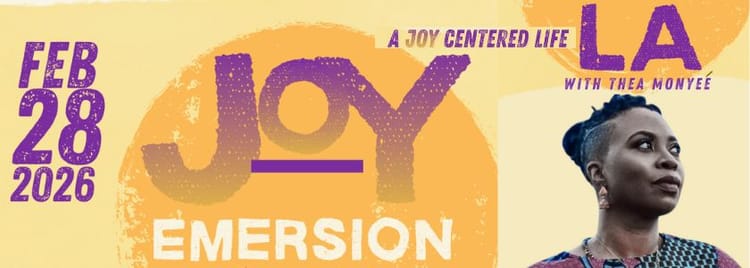

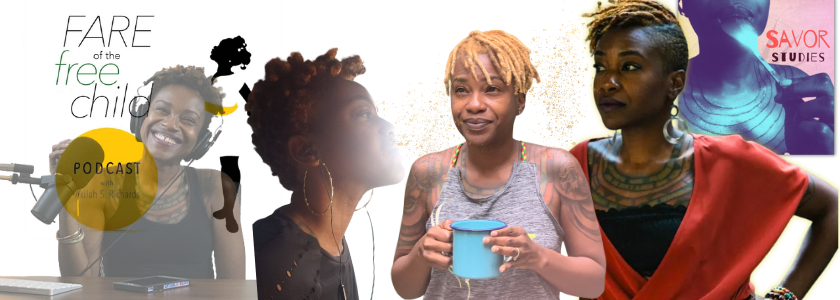

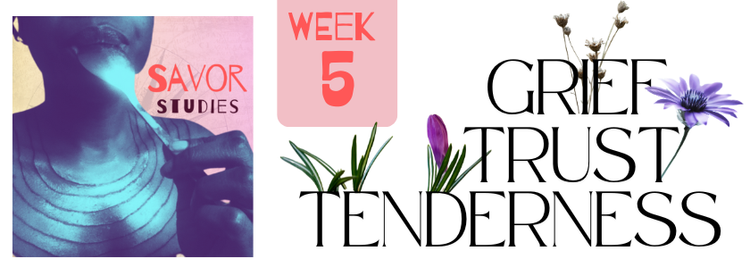
Member discussion